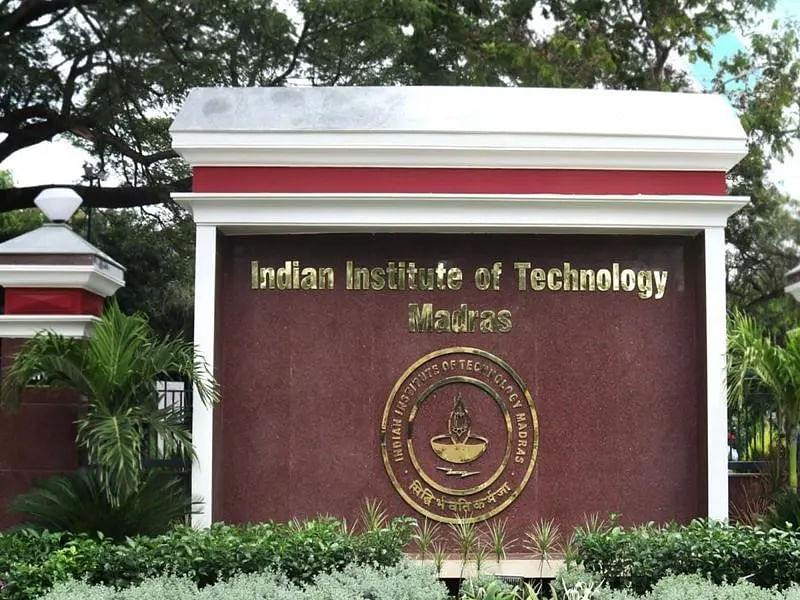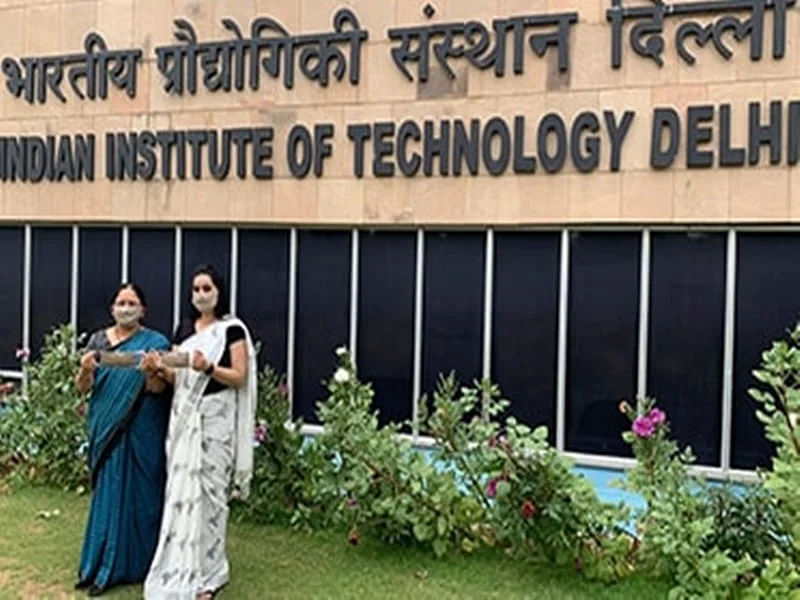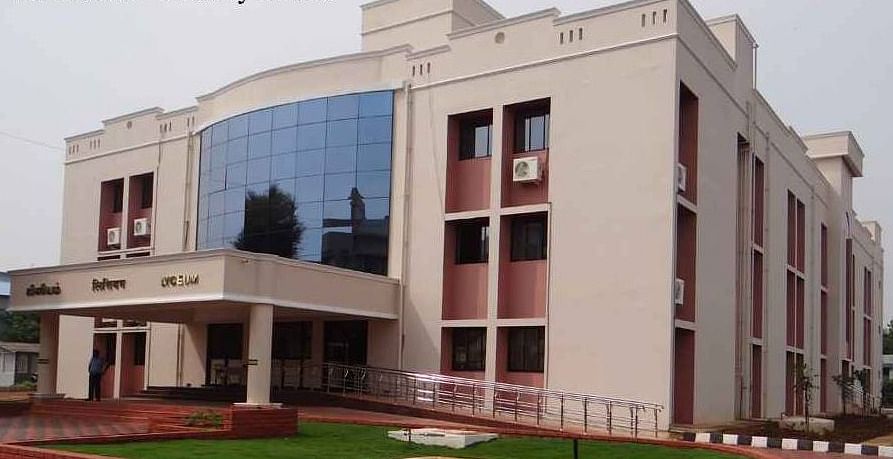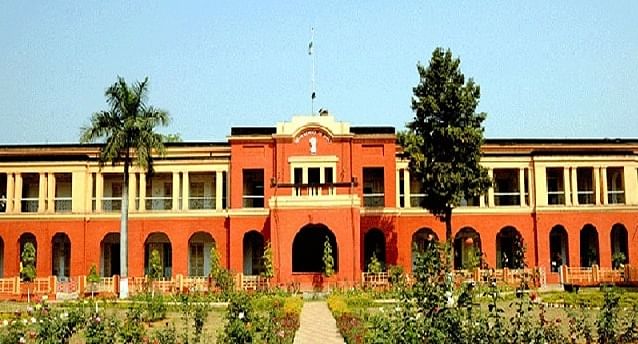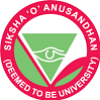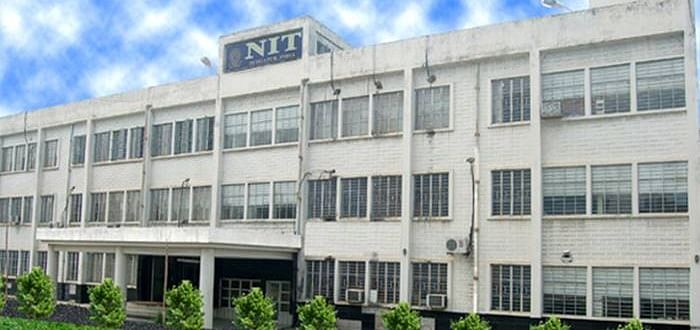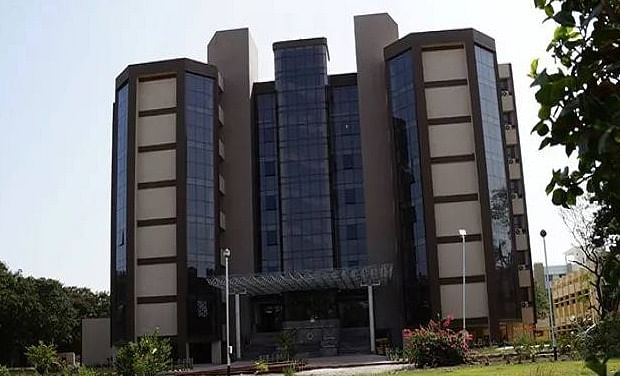M.Tech Power Electronics Syllabus and Subjects

M.Tech Power Electronics syllabus is a two year long postgraduate course consisting of four semesters. The M.Tech Power Electronics subjects include both core and elective subjects, making the syllabus diverse and flexible. The course offers in-depth knowledge about the simulation, modeling, enabling design, and synthesis of power converter based systems used in the conversion of electrical energy. This specialization combines state-of-the-art technologies with conventional technologies like power semiconductor devices, electronics, electromagnetics, digital signal processors, control theory, EMC, and energy technology.
Semester Wise M.Tech Power Electronics Syllabus
Power Electronics M.Tech Syllabus consists of both core and elective subjects in its curriculum. The core subjects are the subjects which are essential for the students to study irrespective of their specialization, as they introduce the students to the basic concepts of engineering. The elective subjects are subjects which help students gain a deeper understanding and insight on their specialisation. The M.Tech Power Electronics subjects list is given below according to their semesters:
|
Semester I |
Semester II |
|
Optimization Techniques |
Power Converters |
|
Industrial Control Electronics |
System Theory |
|
Power Converters Laboratory |
Switched Mode Power Conversion |
|
Semester III |
Semester IV |
|
Power Electronic Drives |
Microcontroller applications in power converters |
|
Power modules laboratory |
Advanced Power System Analysis |
|
Analysis and Design of Artificial Neural Networks |
Digital Signal Processing and Applications |
|
Digital System Design Any One course from other departments |
Flexible AC Transmission Systems |
|
Computer Networking |
Fuzzy Systems |
M.Tech Power Electronics Subjects
M.Tech in Power Electronics subjects are designed to introduce students to all the important and essential aspects of computer networking and more. The course includes the study of electrical thermal, electromechanical, electromagnetic, circuit, control and system design This course combines conventional technologies like EMC, electronics, digital signal processors, semiconductor devices and many more. There are both core and elective subjects part of the curriculum. Additionally, the teaching methods include both classroom and practical forms of teaching.
Core Subjects:
- Digital Controllers in Power Electronics Applications
- Design of Intelligent Controllers
- VLSI Architecture and Design Methodologies
- Power System Operation and Control
- High Voltage DC Transmission
- Transient overvoltages in power systems
M.Tech Power Electronics Course Structure
The M.Tech Power Electronics course structure is distributed in four semesters, spread across a time span of two years. The course has both theoretical and practical forms of teaching. The traditional classroom based teaching and the practical workshops together give the students the exposure they need to succeed in their job roles. Additionally, before students graduate, they are expected to work on a research project related to their specialization. This research project helps them gain a deeper understanding and insight into the topic. The course structure is as follows:
- IV Semesters
- Core Subjects
- Elective Subjects
- Practical Workshops
- Research Project
M.Tech Power Electronics Teaching Methodology and Techniques
M.Tech in Power Electronics teaching methodology and techniques encompasses both traditional classroom based teaching methods and practical workshop based teaching methods. The traditional teaching methods help students to ask any questions or queries they might have related to the subject. Whereas, the practical workshops help the students to learn about all the concepts in a real world environment. These methods together help the students learn all the essential employability skills.
- Traditional Classroom-Based Teaching
- Practicals Workshops
M.Tech Power Electronics Engineering Projects
M.Tech in Power Electronics has research projects as part of the curriculum. The Power Electronics M.Tech projects aim to introduce students to the concepts in great depth and detail. Additionally, they give the students a chance to learn about the research ethics and methodology. Some popular topics undertaken by the students is listed below:
- Real Time Systems
- Switched Mode Power Conversion
- Power Electronics and Digital Media
- Microcontroller
- Advanced Power System Analysis
M.Tech Power Electronics Reference Books
When students decide to pursue higher education in Engineering, it is essential for them to invest in reference books. By purchasing or renting M.Tech Power Electronics books the students can ensure that they ace the exams without any hurdles. Some such books are mentioned below:
|
Book |
Author Name |
|
Introduction to Algorithms |
Thomas H. Cormen, Charles E. Leiserson, Ronald L. Rivest, and Clifford Stein. |
|
Technical writing and professional communication |
Thomas N Huckin |
|
Research Methodology: Methods and Techniques |
C. R. Kothari |
